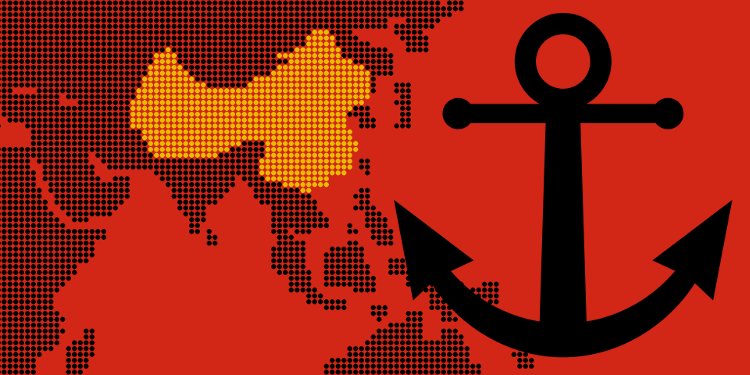President Trump’s response to Kim Jong-Un’s recent missile party neither shows lack of a plan nor lack of respect for Japan; it show patience and insight. Gaining and maintaining trust and respect in difficult situations requires sureness in action and slowness in harsh words. Talk is cheap. These are politics, after all.
Trump has taken no action nor signed any orders giving Kim more permission. Many pundits and opinion commentators have speculated that Trump will have difficulty with Abe because of his patient words for Kim, but all of this speculation is speculation only. They are presenting a model to analyze Trump’s decisions, but that model is devoid of a grid of using “kind words” in the face of betrayal. Kim’s strategy has not deviated: provoke a US response. Trump’s words “defuse” that strategy, so to speak. Trump is no pretentious fool, more of a patient father.
The situation in China, however is heating up, obviously for the same reasons. Trump and Xi exchange similar words as Trump gives in response to Kim’s actions. They promise to prepare for talks while rallying their own citizens against each other. Rumors of peace are the surest sign that there is none just as provocation indicates a peace not easily broken.
Taiwan is gearing up for war, its war machine in full motion. Taiwan is beginning mass production of strategic strike responses. Taiwan is renaming one of its offices to include both “US” and “Taiwan” in the name, which is a first. These are not actions that have any intention of appeasing Beijing.
Then, there’s Hong Kong. Responses from the American government would view the SAR as no longer capable of diplomatic ties if the extradition law on the table is passed. This extradition law would likely isolate Hong Kong from North America and Europe. We know war is close, but “how close” will be known by whether Beijing allows “Asia’s World City” to internationally isolate itself.
Those promised and prepared talks between Beijing and Washington will only serve as size-ups, if they even happen.

